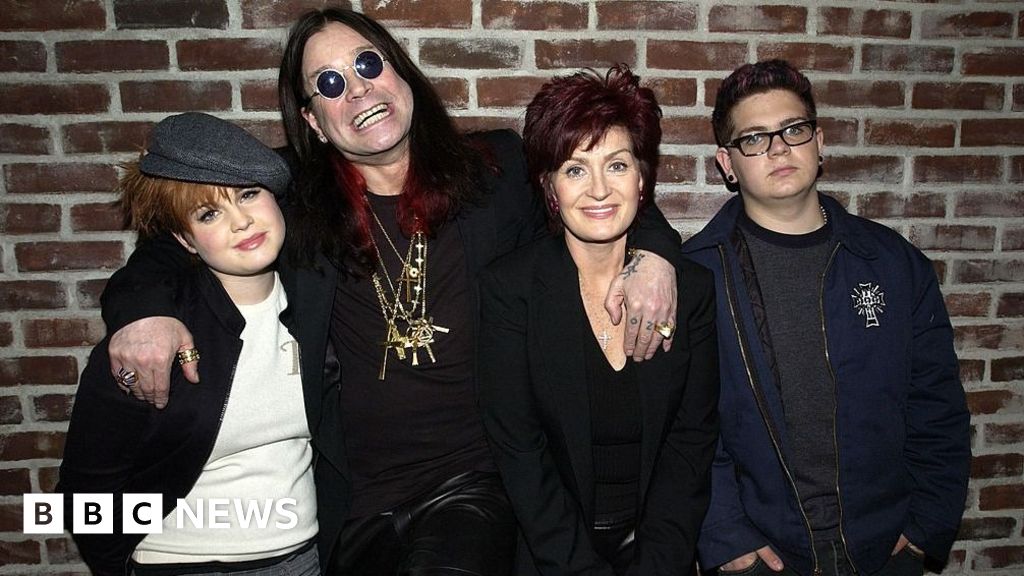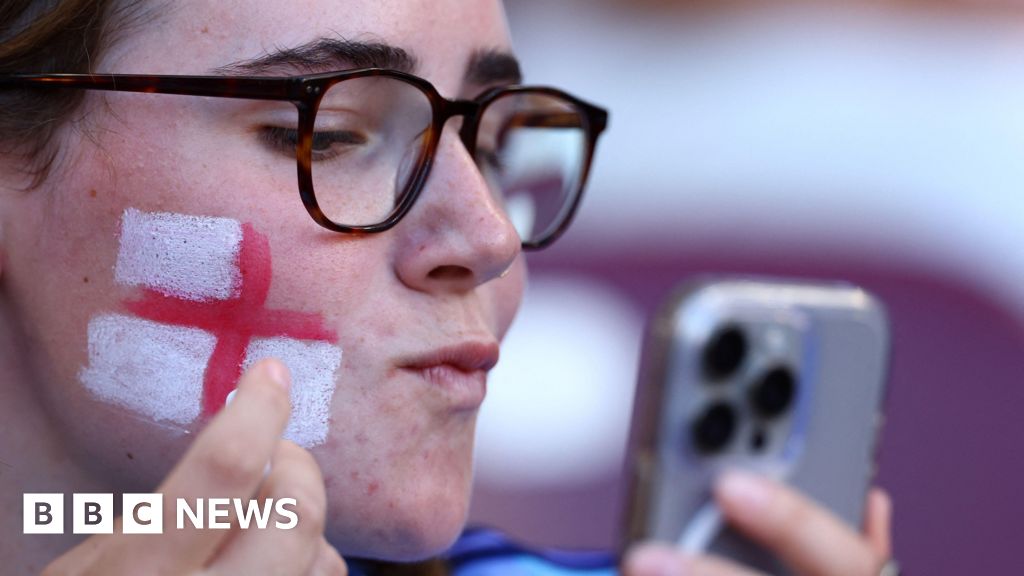Vatican City, Aug 1, 2025 / 07:00 am
With more than a million followers across Instagram, TikTok, Facebook, and other platforms, Father Cosimo Schena has become one of the most recognizable faces of the so-called “digital missionary” phenomenon in Italy.
“The illness of this century is loneliness, and we listen to each other very little. I try to convey a simple message, because the Lord is simple,” Schena explained.
It was four years ago that the priest, philosopher, psychologist, and psychotherapy specialist decided to create a social media profile to proclaim the Gospel in a friendly, positive, and accessible way.
“I earned a doctorate in philosophy, then studied psychology and specialized in psychotherapy. And that’s precisely where the need to convey a beautiful message, a positive message, on social media arose. Because when I go online, when I turn on the television, everything is negative, everything is bad… The bad news is news, and the good news is relegated. So I said to myself, ‘Why not give it a try?’”, he explained in conversation with ACI Prensa, CNA’s Spanish-language news partner, just before participating in an event this week with other Catholic influencers at the Via della Conciliazione auditorium, a few steps from the Vatican.
Little by little, he began posting inspirational quotes and then motivational and spiritual videos. The response he found online was surprising: “I’ve gained more than a million followers across different platforms, and the ages vary, from the youngest to the oldest.”
Not everyone who follows him is Catholic. “There are many people who don’t believe in God and follow me, and they say, ‘Look, even though I don’t believe, I like you as a priest because of what you say.’ What makes me smile in a positive way is that, after all, Jesus is for everyone,” he explained.
He felt the call to the priesthood in the parish, inspired by the credible witness of his pastor, “which made me wonder if I too could make that decision,” Schena related.
After years of discernment, he left his studies in computer engineering to enter the seminary. He was ordained a priest at 30, and at 40, he discovered that there is a mission to fulfill not only in the sacristy but also in the digital world.
The key, he insisted, is to not complicate the message: “I truly hope that this — experiencing the digital world — will be cleaner, more beautiful, conveying a simple message, without complicating it, because the Lord is simple.”
The face of a new pastoral ministry
He is now a priest at St. Francis Parish in the Diocese of Brindisi in southern Italy and has noticed that his online work has had a direct impact: “The number of people coming to my church has doubled. Not only thanks to the local faithful, but above all because of those who come specifically from other cities in Italy to hear the homily or confess.”
This phenomenon of digital missionaries has gained such strength that the Vatican celebrated July 28–29 the Jubilee of Digital Missionaries and Catholic Influencers, an official recognition — the first — of this new form of evangelization. “Until a few years ago, the higher-ups looked at us with suspicion,” Schena acknowledged.
‘Loneliness is the great disease of this century’
Beyond likes and algorithms, Schena perceives a profound need in those who follow him: “Now I receive, some days, even a thousand messages a day, between private messages and emails. Many people write me super-long emails, and at the end they say: ‘You don’t need to reply. The important thing is that someone has listened to me.’ That makes me feel good, because the illness of this century is truly loneliness. And we listen to each other very little.”
For Schena, behind all this lies a spiritual emptiness: “Unfortunately, this society has imposed individualism on us, and we have welcomed it with open arms. In this sense, the message of Jesus, of Christ, reaches these people and makes them feel better, even if they are not believers.”
This story was first published by ACI Prensa, CNA’s Spanish-language news partner. It has been translated and adapted by CNA.
(Story continues below)
 (1).png)
 16 hours ago
1
16 hours ago
1


















